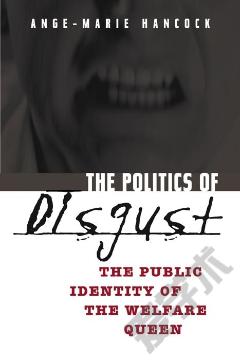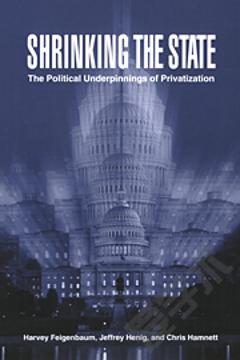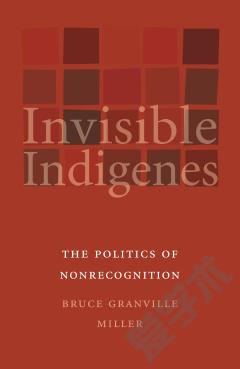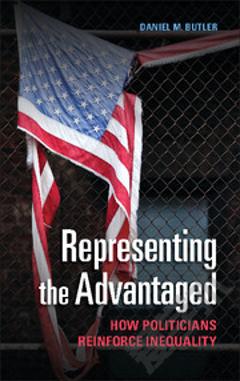The Politics of Disgust: The Public Identity of the Welfare Queen
Winner of the 2006 Race, Ethnicity, and Politics Organized Section Best First Book Award from the American Political Science Association Winner of the 2006 W.E.B. DuBois Book Award from the National Conference of Black Political Scientists Ange-Marie Hancock argues that longstanding beliefs about poor African American mothers were the foundation for the contentious 1996 welfare reform debate that effectively ended welfare as we know it. By examining the public identity of the so-called welfare queen and its role in hindering democratic deliberation, The Politics of Disgust shows how stereotypes and politically motivated misperceptions about race, class and gender were effectively used to instigate a politics of disgust. The ongoing role of the politics of disgust in welfare policy is revealed here by using content analyses of the news media, the 1996 congressional floor debates, historical evidence and interviews with welfare recipients themselves. Hancock's incisive analysis is both compelling and disturbing, suggesting the great limits of today's democracy in guaranteeing not just fair and equitable policy outcomes, but even a fair chance for marginalized citizens to participate in the process.
{{comment.content}}








 京公网安备 11010802027623号
京公网安备 11010802027623号